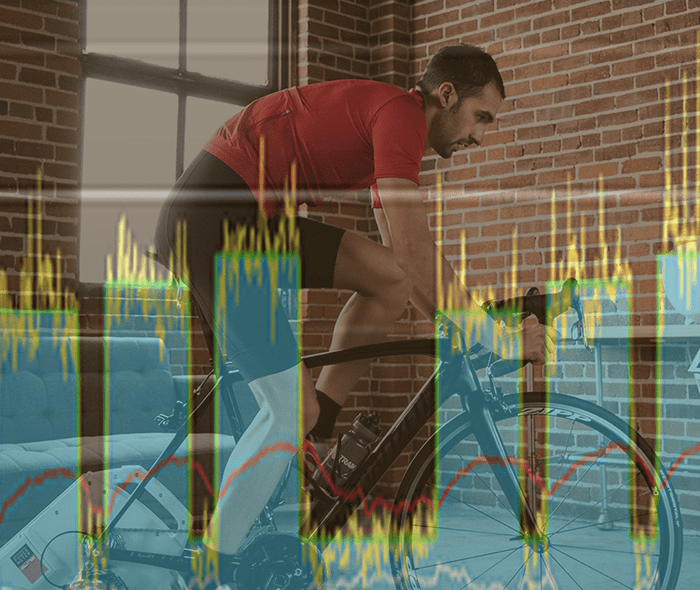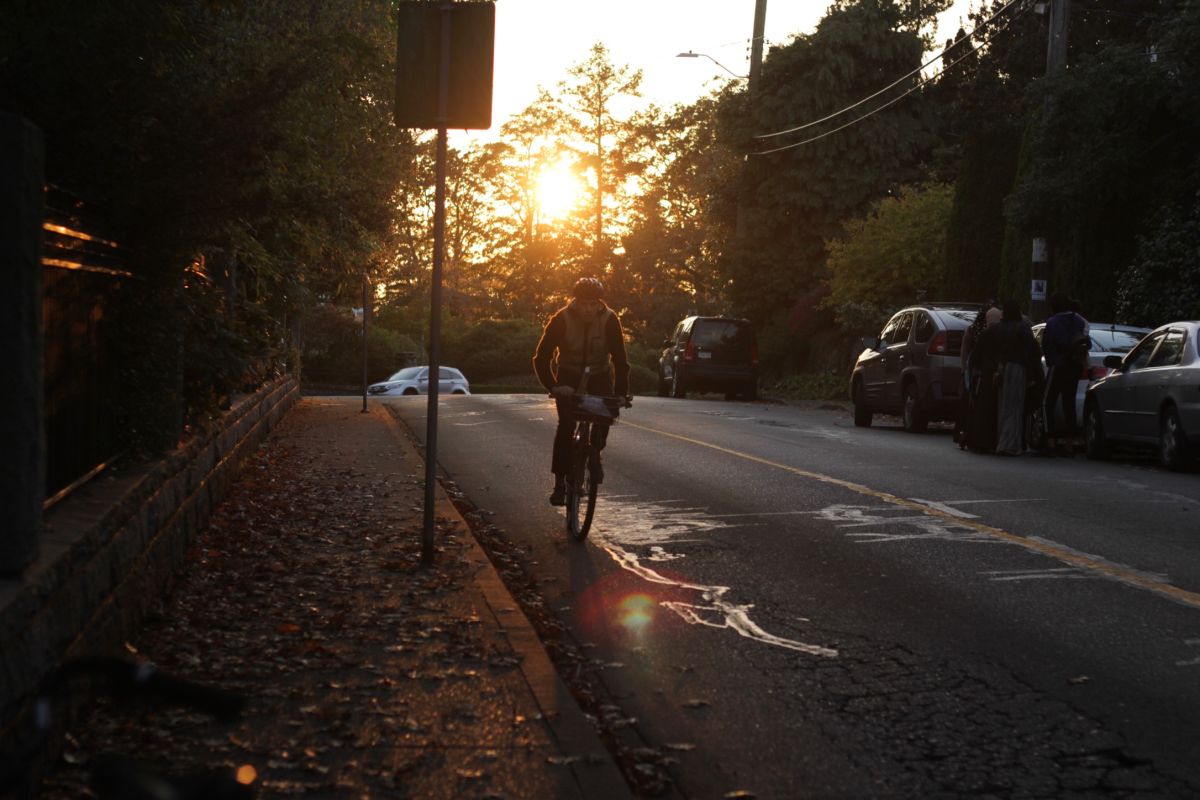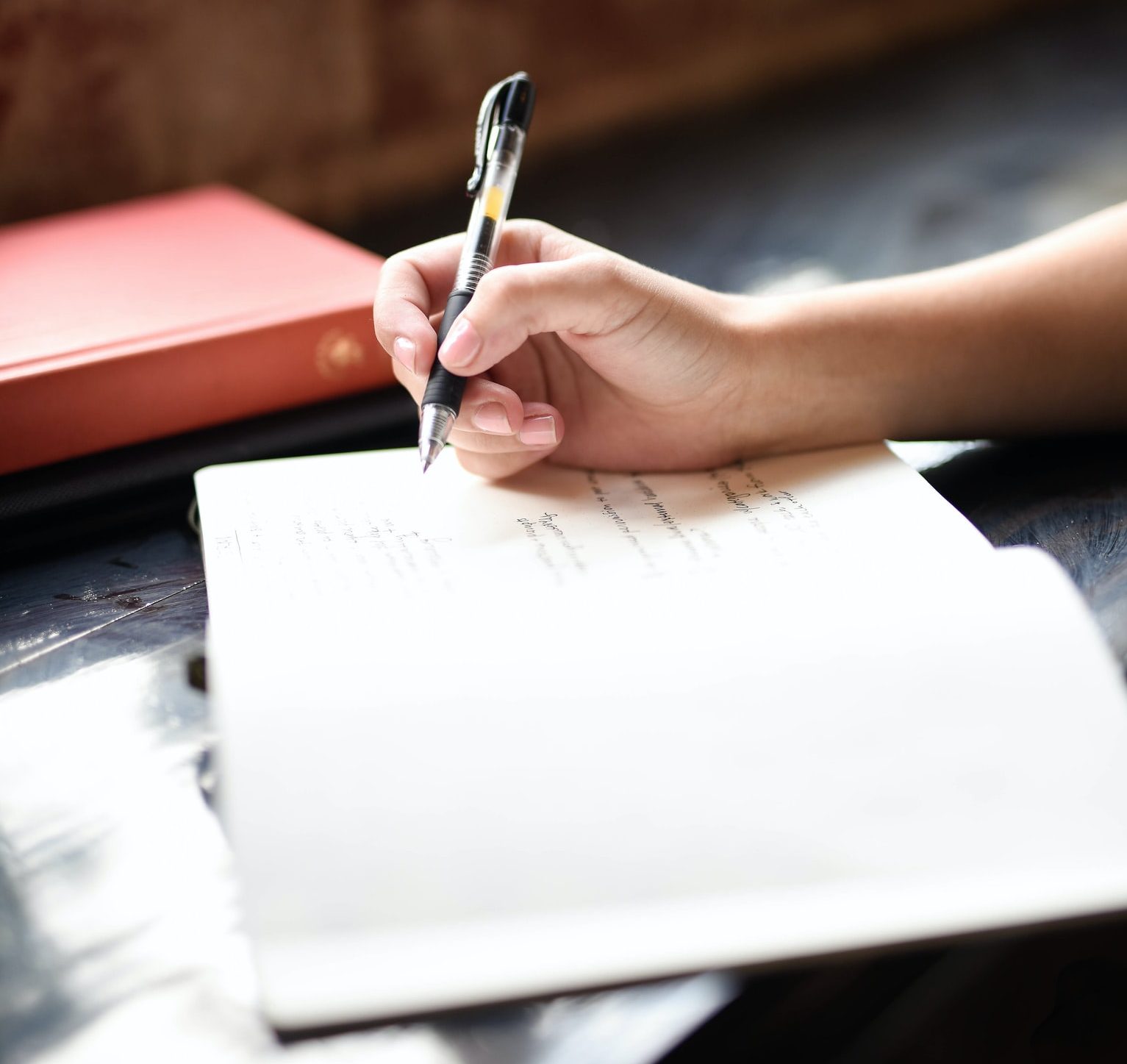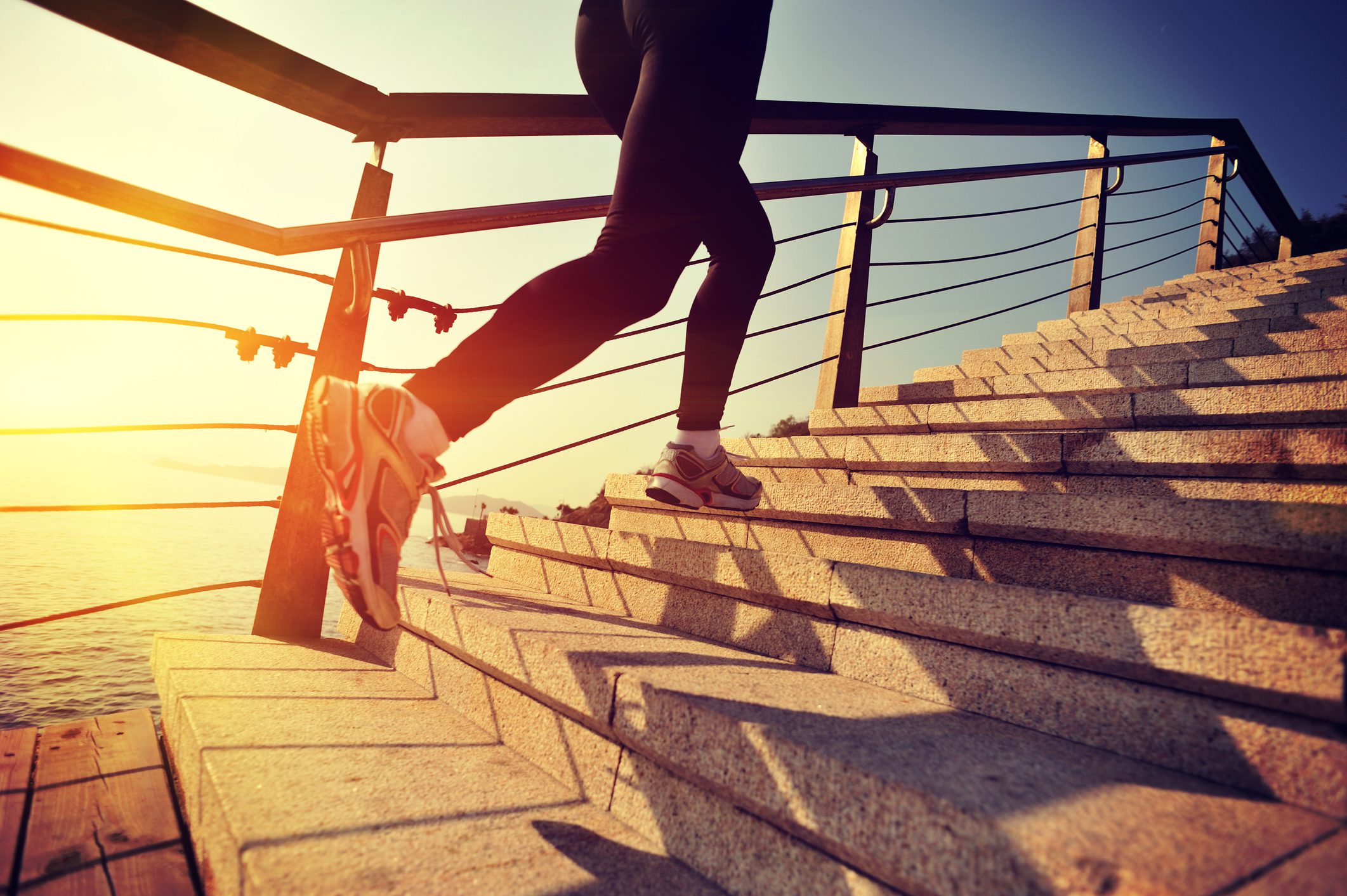The guide to training during COVID-19
Reassessing goals and modifying plans

In this uncertain climate schedules have been uprooted, events have been cancelled and cyclists have been left wondering what to do with themselves. Modifying your training will require some introspective thinking and goal re-framing, but it’s possible to come out of this a better and happier cyclist.
Check in with yourself
Before thinking about training take a minute to pause and check in with yourself. How are you feeling? Would training be an extra stressor for you during this already mentally taxing situation? Peter Glassford, of Smart Athlete Coaching, says that people will react differently to being inside all day. For some, the urge to move will be uncontrollable and for others it takes a lot of effort to exert even a small amount of energy.
Know that either reaction is completely normal and highly personal. If you’re feeling overwhelmed, stressed or simply exhausted, don’t feel guilty for taking some time to process and re-centre yourself in a changing world. Cycling will be there for you when you’re feeling better.
Think about and reassess your goals
When you’re ready, take a minute to think about goals. “This situation has given us a unique opportunity to check-in with ourselves,” says Glassford. “Is the goal we’re going towards spiralling out into a better more enjoyable life?”
As adult athletes, it’s easy to lose track of why we do these sports. Glassford describes a goal as a motivator, pushing us to fill a space between where we are now and where we want to be. Is the work in between where you are and where you want to be an activity that you enjoy? It seems like a simple question, but the answer may help you re-frame your approach to training.
“We all have to gut check on the ‘Why’,” says Glassford. “ When we start hashing out the reasons we’re going to do any of these things, it becomes apparent that some of what we’re training towards is not connected to what we want to do day to day.”
If the race you were targeting has been cancelled
You spent the whole winter preparing, you’re at peak fitness, and the race was cancelled. It’s a hard blow to take, but all is not lost.
“A way for us to get fitter or feel stronger is by a test with some sort of result,” says Glassford. He suggests replacing the race day with something that you can build towards that will give you test nerves. Planning a Zwift race, an FTP test, or a super-long indoor trainer ride can give you some kind of touchpoint and structure.
Although the seasonal outcome goals you may have set are thrown out, you still have general long term process goals you can focus on. Goals like learning to jump your bike, working to increase your FTP, building coordination or focusing on high cadence drills on the trainer are all achievable and not tied to a particular event.
If you were training for mid or late summer races
The structure of the upcoming (?) race season is anyone’s guess at this point. In Canada, there will be no racing until at least June 14. Assuming races will be announced about a month ahead of time, Glassford suggests working to increase resilience and general fitness until the race season is back on.
RELATED: Cycling Canada extends event postponements due to COVID-19
“With 4 weeks notice most people can get ready for the crit/road race season, transition into a build phase and start to race with good form,” says Glassford. Until then, he recommends sticking to base or general preparation. “Sticking to base training will let you be more adaptable,” he says. “There’s no reason to be specific with training right now. If you were training for crit season, sprinkle in some anaerobic elements, but do that in the guise of increasing volume and fitness during a base phase.”
Another reason Glassford cautions against doing too much of a build is the emotional and physical impact that it can have on the immune system.
RELATED: Should you train harder or cut down on workouts to strengthen your immune system?
He also notes that it’s a good idea to maintain any cross training you were doing, such as running or strength training. These other forms of exercise are particularly relevant, as cycling may be restricted in the coming weeks and months.
Long term is fuzzy, but at some point racing will come back. “Right now,” says Glassford, “we should be looking at things that make us healthier, things that make us stronger, things that tend to limit us and things that we can do better in our given situation.”
If you suddenly find yourself with free time and the urge to fill it with cycling
“Training is a controllable element of your day,” says Glassford. “Even though the world is crazy and we don’t know what’s going to happen, it’s this little piece of our schedule that we can control and see progress on.”
What better way to fill a schedule than with long rides and bike training. For some, it’s the best way to cope with stress. That being said, it’s important to be cautious.
“In training you should always be thinking about consistency,” says Glassford. “It’s not wrong to do a fair bit of volume, but is it fun, is it sustainable and how deep are you going? In all cases it’s consistency we don’t want to jeopardize.”
If you’re using training to cope, make sure you aren’t pushing yourself too hard. When just the thought of a three hour trainer ride is draining you, put that motivation into a 90 minute ride or a core workout.
If you have no free time or no motivation
Don’t be hard on yourself. “If the trainer isn’t that entertaining right now, go for a walk, do a little bit of core or yoga,” says Glassford.
If you’re a parent at home with children or an essential worker doing long hours, 10 minutes of strength training is maybe the only workout you can fit in, and that’s fine.
“We can accumulate or maintain fitness as our life fitness dictates,” says Glassford, “and this may vary up and down over the coming months.”
Keep it up
If you have the capacity to train right now, try and keep it within a base/maintenance phase. Find some achievable goals that will make you happy and figure out a daily plan to work towards them. Go easy on yourself but work towards gradually increasing or maintaining your general fitness—you can be more specific with training once races are announced.

There is no ‘right’ answer for how you should adapt your training during a global pandemic—what you end up doing will be highly personal—but in the midst of uncertainty, it’s nice to be able to train towards something specific. Even if it’s something completely new to you (10 push ups, or a first pull up) having that goal in mind can help lend some structure and to your day and give you motivation. As long as you’re enjoying the process, keep up the hard work.


